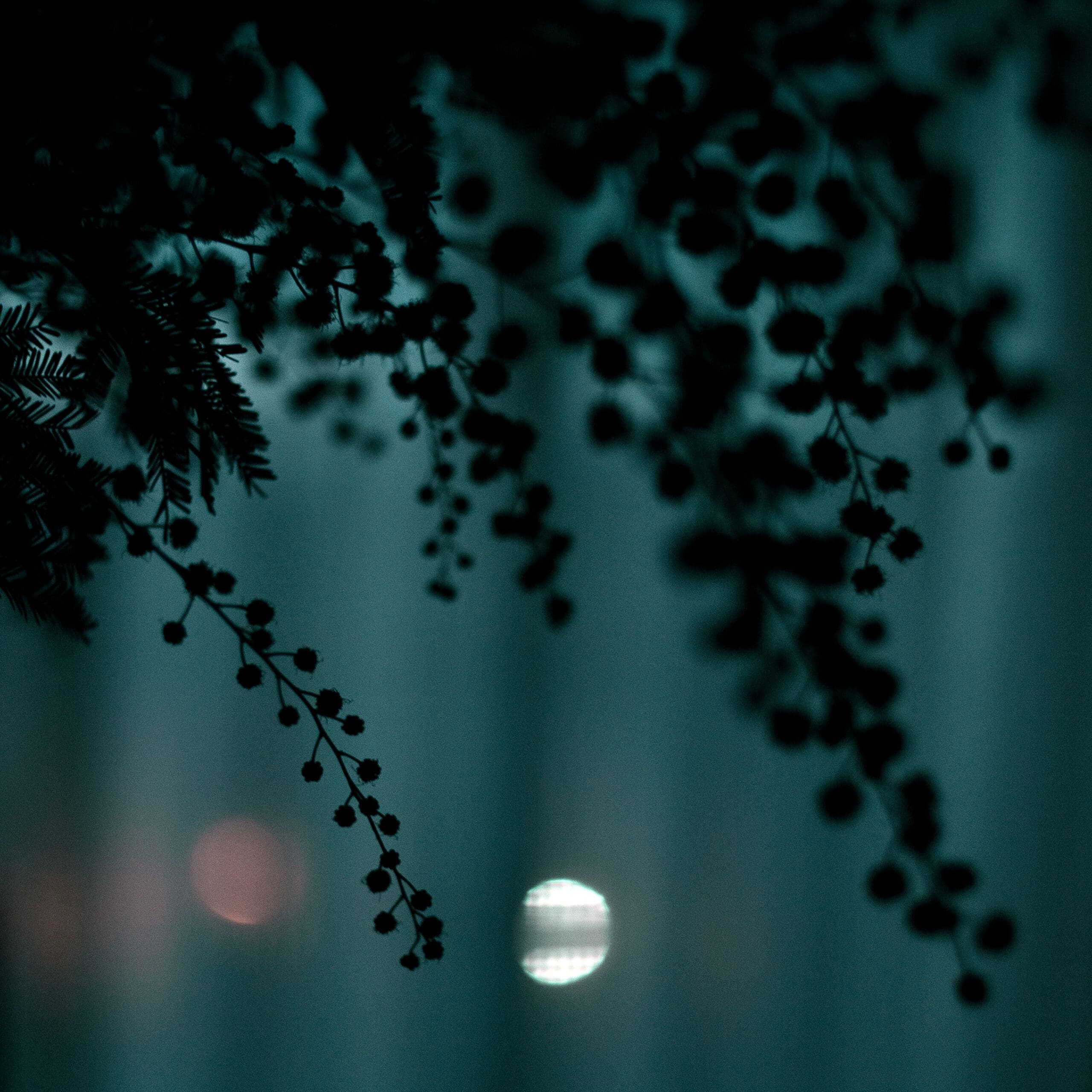It’s the end of the year and the end of the decade and I have lists on my mind. Compiling lists of things to read, watch, and listen to goes onto my to-do list of the holiday season every year. God forbid if I miss that one underground graphic novel that only a hundred people have read but all claim to be one of the best ever made. I’m one of these people that has an obsession with categorizing artistic achievements in a hierarchical order, or at least seeking out those lists from others that feel the need to compile them.
Here’s some of the lists of best novels of the past decade I found for your own perusal:
(I especially enjoyed the multiple end of decade lists given by lithub)
There are some common names across these lists: Jennifer Egan, Colson Whitehead, Jesmyn Ward, George Saunders, Rachel Kushner, Sally Rooney, and Lauren Groff just to name a few. What fascinates me about our time is how so many reviewers of literature can agree these fiction writers have some higher level talent and something interesting to say about being a human and yet none of these people, my guess, are household names.
There are not many demographics of people that know the names Jennifer Egan or the recently inaugurated voice of the millennial generation Sally Rooney. I don’t even think very many millennials know who Rooney is. The only demographics of people that probably know these names are those hanging around college English Departments, book store employees, and geographically maybe a small piece of Manhattan or Brooklyn, of dedicated readers of The New Yorker or the NY Times art section. Does this matter or is this a change from times past? I’m not sure. How many Gen Xers in the 90s knew David Foster Wallace was being held up as the writer of their generation? More or less than millennials that know Sally Rooney? My guess is we’re on the downward trend. I don’t even think ex-President Obama, with his very own lists, will make Sally Rooney a household name.
It’s been a preoccupation of mine to wonder what place literature has in contemporary society. How is it that so many talented people can be identified by nearly every publication in America, but the highest selling books of the decade, by far, were the Fifty Shades series? At my most cynical, the success of Fifty Shades feels like memeification of books—all art forms of the past becoming subsumed by the digital conditions of our modern world. Thinking about all this reminded me of a tweet I saw at the beginning of the month that I’ve carried with me ever since:
Quibble with when to define the apogees of these art forms all you want, but there’s no denying the basic premise seems quite true. Will one of my life’s passions always be relegated to a small community of like-minded nerds with library cards and Kindles? Is the new art form of the 2020s going to be internet memes? The Rembrandt and Faulkner of our time won’t be Sally Rooney but someone using their Twitter and Instagram accounts to splice together images and phrases into quick digestible information. The chaos of the internet age feels perfect for Dadaists to revel in the anarchy and absurdity. If this makes you somewhat sad, well, you’re not alone, and it’s probably why you read The Metaworker in the first place. I like to think of The Metaworker as a little space I helped carve out not only within the anarchy of the internet but also in my own life. It’s a project where I can focus in on a passion and put care into something without worrying much about success or failure, or virality, and hopefully connect with at least a few others that also care about art forms that hit their apogee centuries ago.
Those of us that enjoy literature, seek it out, write it, and publish it, are becoming a kind of “intentional community.”
I’ve been thinking quite a lot about digital technology and its effects on us. This brings me back to the lists. I keep finding myself collecting lists and trying to check things off of them. I recently decided I hadn’t watched enough Hitchcock movies and, God forbid if I die without watching one of our great filmmaker’s masterpieces—so I found one of his older films, The 39 Steps, on Amazon Prime and began watching it. The movie is old, real old. Before I could get even twenty minutes into the movie I found myself scrolling through my phone and I had to ask myself why I was forcing myself to check this movie off some list when I clearly wanted to spend my time with the narratives being presented to me on the smaller screen in my hand. Scorecard: Hitchcock 0, Memes +1. Trying to enjoy art out of obligation isn’t going to cut it in the digital age.
If you know anything about the media theorist Marshal Mcluhan, then nothing I’m describing here will come as a surprise. Mcluhan was famous for the phrase “The medium is the message” and without getting too academic and in the weeds on this stuff, the basics of what he’s saying is that the content of any given medium (speech, writing, film etc.) is less important on society than the characteristics of the medium itself. Unfortunately Mcluhan is no longer here to explain to us what effect the digital medium has on us, but one thing we know he would say is that all other art forms become merely content for the new medium. You can witness this yourself by scrolling through instagram and Twitter by seeing how fast newly released films get turned into gifs and memes and how often this digital content becomes more memorable than the films themselves. I know I saw Marriage Story on Netflix, but the most memorable part of Adam Driver punching the wall will forever be ingrained in my brain not because it’s the height of drama in the narrative but because the images have been remixed over and over online for new purposes. Or how certain passages from books get spliced out and shared on Goodreads and then repurposed on Instagram quote accounts.
This overflow of new information and narrative chaos being presented to us has effects on us. The most dour of those analysts think radicalization and polarization in politics is an effect, or an increase in nihilism. Most of us maybe don’t quite reach nihilism but maybe it’s feeling listless. Ah, there it is: lists—listlessness a consequence of the digital age.
This interview by the magazine Spiegel with Umberto Eco is full of profound nuggets such as this: “The list is the origin of culture. It’s part of the history of art and literature. What does culture want? To make infinity comprehensible. It also wants to create order — not always, but often. And how, as a human being, does one face infinity? How does one attempt to grasp the incomprehensible? Through lists, through catalogs, through collections in museums and through encyclopedias and dictionaries.”
Is my obsession with lists a way out of the incomprehensible, a way for me to find order in chaos? The interview continues:
Eco: “…We have always been fascinated by infinite space, by the endless stars and by galaxies upon galaxies. How does a person feel when looking at the sky? He thinks that he doesn’t have enough tongues to describe what he sees. Nevertheless, people have never stopping describing the sky, simply listing what they see. Lovers are in the same position. They experience a deficiency of language, a lack of words to express their feelings. But do lovers ever stop trying to do so? They create lists: Your eyes are so beautiful, and so is your mouth, and your collarbone One could go into great detail.
SPIEGEL: Why do we waste so much time trying to complete things that can’t be realistically completed?
Eco: We have a limit, a very discouraging, humiliating limit: death. That’s why we like all the things that we assume have no limits and, therefore, no end. It’s a way of escaping thoughts about death. We like lists because we don’t want to die.”
That Umberto Eco is pretty damn smart. That reminds me….I need to put his novels on my reading list.
For more reading about digital technology, Marshal Mcluhan, among other things, check out this issue of The New Atlantis:
https://www.thenewatlantis.com/publications/number-58-spring-2019
If you have thoughts about any of this, please reach out via email at Darinmilanesio@gmail.com




